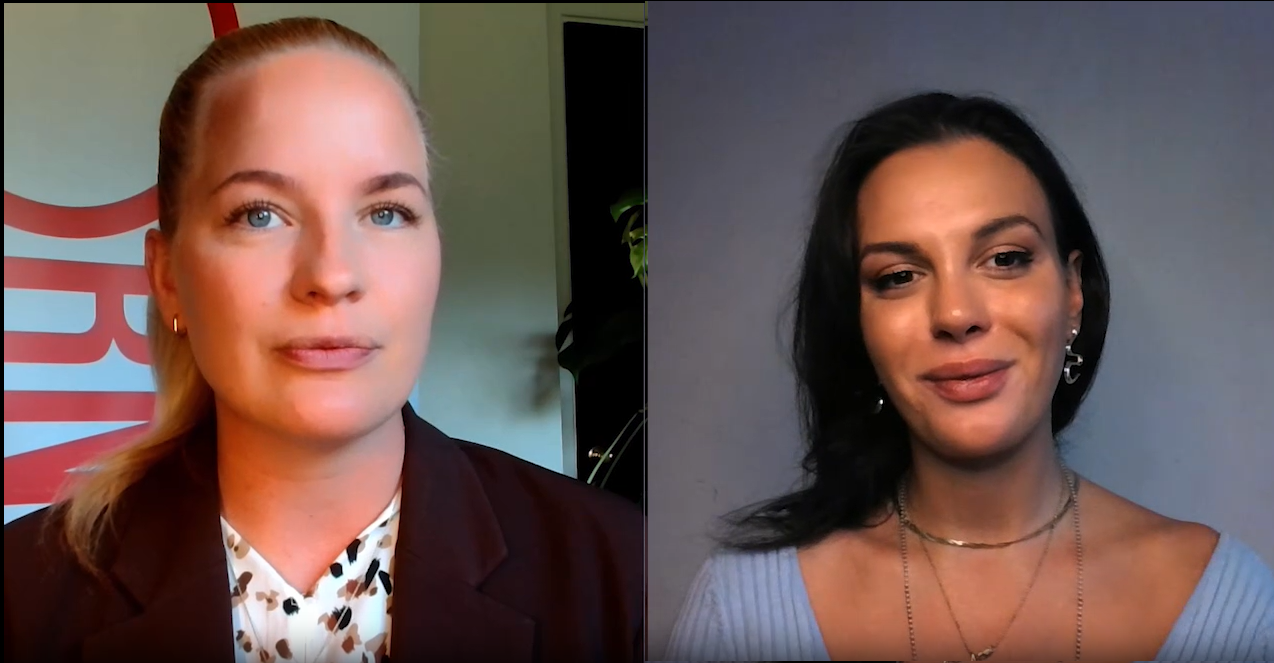Emma Wall: Hello, and welcome to the Morningstar series, "Market Reaction." I'm Emma Wall and I'm joined today by Barings' Khiem Do to share his outlook for 2019.
Hello, Khiem.
Khiem Do: Good morning.
Wall: So, 2018 was very much dominated by politics and in particular, the trade war. What can investors in Asian equities and in particular, China equities, expect from 2019?
Do: 2019, I think that hopefully we will see some easing of the escalation of the trade war talk and also, hopefully, we will see the U.S. Federal Reserve actually at some stage declaring that they have reached a neutral rate of interest rate.
And that would be very helpful for Asia, because as you know, Asian markets really can't rise too much when the U.S. dollar is strong and when the Fed fund rate is rising. But if the Fed fund rate was to pause and the U.S. dollar were to come down a little bit, that would be very helpful for Asian equity markets.
Wall: What about instruments that governments and indeed central banks are implementing here in Asia, because it's not that the Bank of China or the Chinese government has been sitting back passively over the last year, is it? There has been some stimulus that's come through?
Do: Yes. Yes, there has been. But I think that unlike the episode of 2008-2009 when we had the gigantic fiscal package, and unlike 2015-2016 when we also had another fairly big fiscal and monetary stimulus package, this time around I think that President Xi and the state counsel are a little bit more prudent about injecting too much stimulus into the economy, because it may go into speculative areas like the property market or some other areas where the productivity is not very high or helpful.
So, that's why I think that they have been quite prudent about trying to inject or implement policies to help the economy. But definitely, the impact of all these actions will translate into a slightly better recovery from we think that the second quarter of next year will see a bounce in the Chinese economy from that time on, yeah.
Wall: So, of course, active managers see turbulence such as we've experienced this year as an opportunity to buy, although individual investors often get quite scared during those times. What do you foresee in terms of volatility for 2019? More of the same or do you expect it to be a little bit more positive next year?
Do: We think that this year, as you said, was dominated by two very big things, trade war escalation and the U.S. Federal Reserve. As far as next year is concerned, if the trade negotiations – and trade negotiations appear to actually be going quite well, because President Xi and China have been prepared to actually cut back on the U.S. autos tariffs and buy soybeans again. So, this makes the U.S. farmers happier.
Because the U.S. farmers actually receive a subsidy from the U.S. government, but they don't want that. Farmers are very proud and independent people. So, they want to actually sell things at market price and not relying on the government for subsidies. So, I think that's a good thing. And also, the fact that we have 90 days in order to try to negotiate, I think that's the good thing. So, that will help to lower volatility somewhat next year.
The second thing is the U.S. Federal Reserve. So, if the U.S. Federal Reserve hits a neutral rate at some stage, it could be two rate hikes from now or three rate hikes from now, we don't know. But we think that at some stage perhaps by midyear next year the Fed might say, okay, I think that we've done sufficiently now, so let's pause and see what the impact of all these on the U.S. economy is. So, those two factors combined together I think that should lower volatility at some stage in 2019.
Wall: Khiem, thank you very much.
Do: Thank you.
Wall: This is Emma Wall for Morningstar. Thank you for watching.




























